The COVID-19 pandemic has brought with it much financial and economic turmoil. Despite the efforts of the Coronavirus Economic Response Package Omnibus Act 2020 (Cth) and the JobKeeper scheme, there is a lot of uncertainty in this economic climate. Such uncertainty does not alleviate an owners corporation’s rights and obligations with respect to strata schemes and it is important the owners corporation continue to recover outstanding levies. This article considers why that is the case.
The Effect of Levies in Maintaining Common Property
Under section 106(1) of the Strata Schemes Management Act 2015 (NSW) (“SSMA”), an owners corporation must “properly maintain and keep in a state of good and serviceable repair the common property and any personal property vested in the owners corporation”. This provision holds a strict liability meaning and owners corporation will be found liable the failure to comply with section 106 without having to be found negligent.
Section 79(1)(a) of the SSMA provides, amongst other items, that an owners corporation must estimate annually how much expenditure will be required to maintain the common property within a strata scheme. These contributions are then duly levied on lot owners under section 83 of the SSMA. These levies are payable by the owners in shares proportional to the unit entitlements of their respective lots. There may be limited circumstances in which an owners corporation may not be required to comply with its obligations to repair and maintain the common property, but generally those circumstances will be taken into account when creating estimates pursuant to section 79.
The impact of COVID-19 has not removed the obligations of the owners corporations in this respect and accordingly, it is necessary that levies continue to be raised considering the obligations of an owners corporation under section 106. A failure by the owners corporation to uphold its obligations under the SSMA leaves it vulnerable to legal action. Such action comes with the risk of finding an owners corporation liable, noting the strict liability that applied to such breaches.
A prudent owners corporation should take reasonable steps to ensure payment of all levies as they become due and payable as this will assist in ensuring an owners corporation is maintaining its obligations under section 106 of the SSMA.. To ensure compliance, it is recommended that levy recovery action be taken against recalcitrant lot owners who do not uphold their obligations in this respect.
Who Pays for the Costs of Recovering Outstanding Levies?
Legal costs incurred as part of recovering outstanding debts are generally recoverable under section 86 of the SSMA (“Section 86 Costs”).
Examples of claimable Section 86 Costs include:
- sending arrears notices;
- filing and service fees;
- solicitor fees and disbursements;
- the costs of taking enforcement actions i.e. writs for levy of property, examination notices and garnishee orders; and
- bankruptcy and winding up proceedings.
In levy recovery proceedings, unpaid contributions are recoverable as a debt together with interest and Section 86 Costs. Noting that costs incurred in levy recovery action are usually claimable, taking levy recovery action is ordinarily the best strategy to maximise the recovery of all amounts the owners corporation is entitled to.
When Should an Owners Corporation Pursue Levy Recovery Action?
Noting the obligations of owners corporations it is advised that levies be recovered sooner, rather than later. By commencing proceedings and obtaining judgment, an owners corporation can start enforcing the debt much faster.
Debtors that are contacted early (while the debt is still small) typically have a greater ability to make regular payments to service the debt in comparison to those who are not contacted until the debt is large.
Aside from impacting the liquidity of the strata scheme and the ability to maintain and repair common property, not taking action against lot owners owing outstanding amounts may send a bad message to other lot owners that no action will be taken if they too do not pay their levies. Additionally, it places an unfair burden on those lot owners that do pay their levies.
Owners corporations are therefore encouraged to pursue levy recovery action in any instance of arrears. Should you have any queries with respect to levy recovery action, Chambers Russell Lawyers is well-placed to advise you in this regard.
